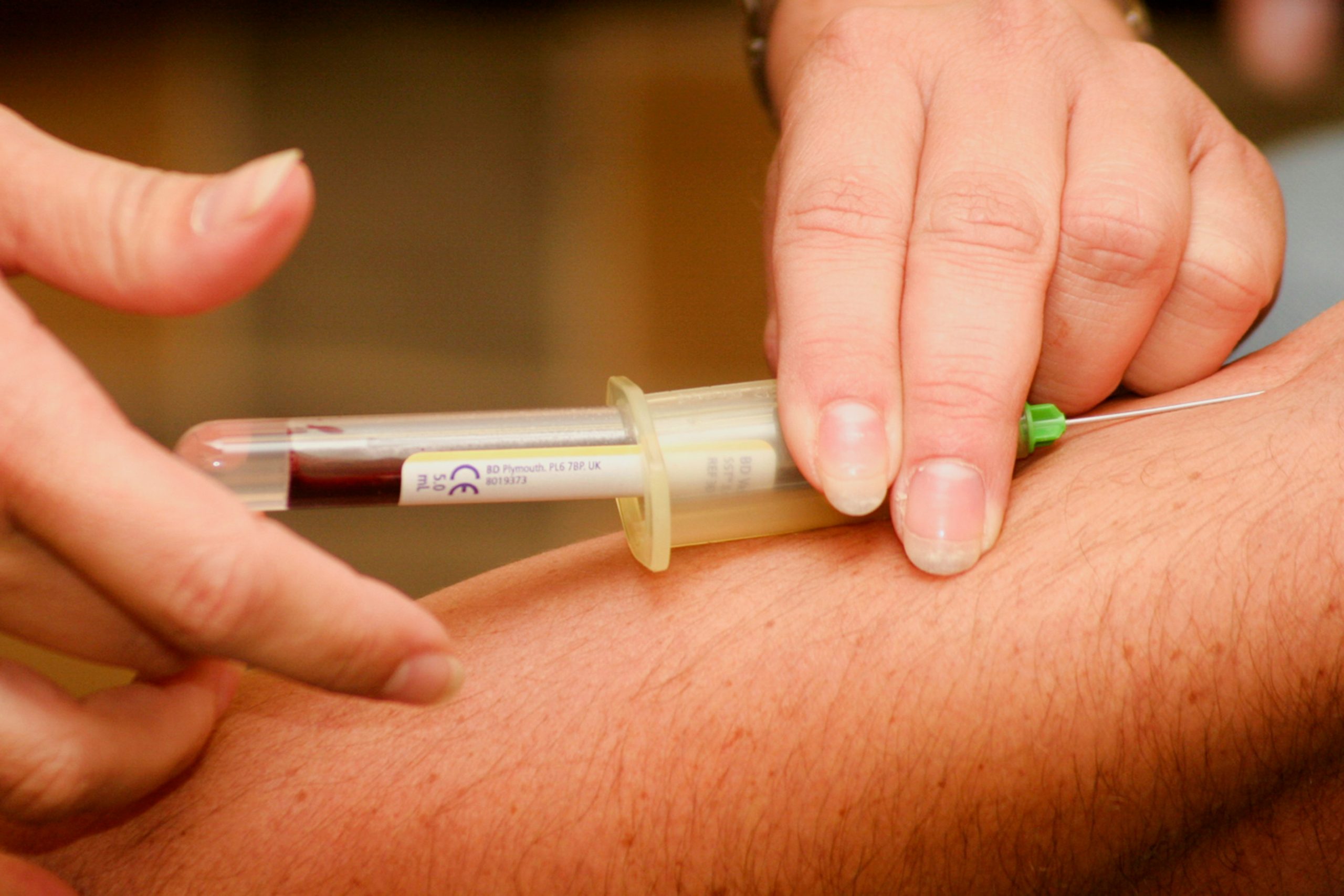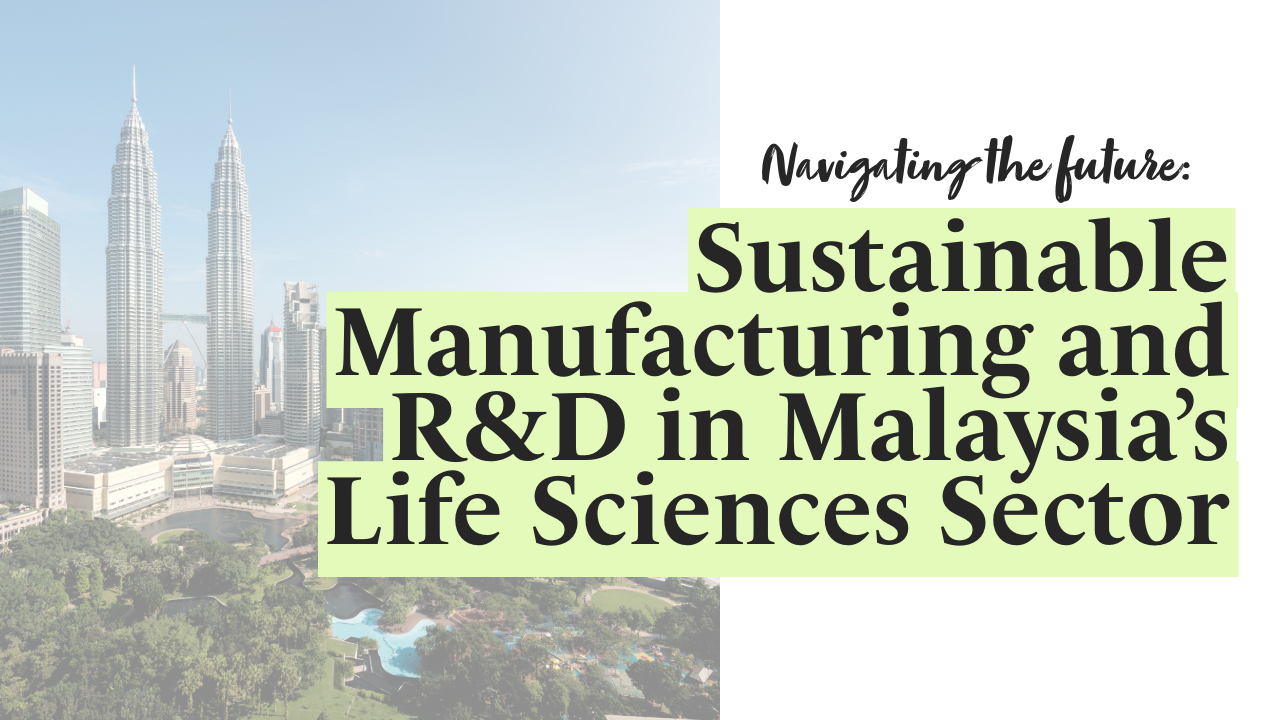As the global life sciences and medical technology industry gains momentum in the post-pandemic landscape, Malaysia emerges as a pivotal player, particularly in sustainable manufacturing and research and development (R&D). The country is strategically positioned to become an ASEAN medical devices hub, leveraging its innovative design and engineering capabilities to produce advanced medical technology solutions, such as health monitoring tools and implants. With a focus on sustainable practices and healthcare reforms, Malaysia is attracting significant foreign investments and fostering a robust environment for the growth of its medical devices sector.
Malaysia’s Role in Life Sciences
Medical Technology Growth in Malaysia
Malaysia is charting new territories in medical technology growth, establishing itself as a vital player in the ASEAN region. With over 290 businesses in the medical devices sub-sector, the nation is home to some of the world’s top global medical devices corporations. This burgeoning industry is primarily driven by the increasing demand for advanced products such as implants and health monitoring tools, which align with Malaysia’s vision to become a leading ASEAN medical devices hub. Despite importing a significant portion of its medical devices, Malaysia’s domestic market was valued at $2 billion in 2022, with a projected growth rate of 7.5% CAGR. The commitment to healthcare reforms and increased R&D spending further accelerates this growth. As Malaysia continues to integrate cutting-edge technologies like additive manufacturing and IoT, its medical technology sector is set for a promising future.

Healthcare Reforms and Investments
Malaysia’s commitment to healthcare reforms is underscored by its significant allocation of resources towards improving healthcare infrastructure and services. The nation’s healthcare expenditure was projected to surpass RM69.2 billion in 2021, with a growth forecast at a CAGR of 7.6% until 2025. Such financial investments demonstrate Malaysia’s dedication to ensuring accessible and high-quality healthcare for its population. These reforms are also attracting foreign investments, with 95.7% of 2022’s approved investments in the medical sector coming from international entities. By fostering a conducive environment for R&D and adopting innovative healthcare technologies, Malaysia enhances its capacity to meet growing healthcare demands. The focus on sustainable and efficient healthcare delivery is not only a national priority but also aligns with global trends towards more sustainable practices. These efforts further solidify Malaysia’s position as a leading destination for healthcare investments in the ASEAN region.
ASEAN Medical Devices Hub Vision
Malaysia envisions itself as a premier ASEAN medical devices hub, capitalizing on its strategic location and robust infrastructure. This vision is supported by the nation’s proactive approach in integrating advanced technologies such as additive manufacturing, automation, and the Internet of Things (IoT) into its industrial processes. By fostering a dynamic ecosystem that encourages innovation and collaboration, Malaysia attracts top-tier healthcare and medical technology companies. The nation’s exports of manufactured equipment, including medical devices, reached RM63.4 billion, reflecting its capacity for large-scale production and distribution. The government’s commitment to sustainable practices further enhances Malaysia’s appeal as a responsible and forward-thinking player in the global medical technology landscape. By aligning with regional and global trends, Malaysia not only amplifies its role in the life sciences sector but also strengthens its economic resilience, paving the way for sustained growth and leadership in the medical devices industry.
Advancements in Sustainable Manufacturing
Innovations in Medical Device Production
Malaysia’s medical device production sector is at the forefront of innovation, driven by a commitment to sustainable manufacturing practices. The integration of cutting-edge technologies such as 3D printing and automation is revolutionizing the production processes, enabling the creation of complex medical devices with enhanced precision and efficiency. These advancements not only reduce production costs but also minimize waste, aligning with global movements towards environmentally responsible manufacturing. Moreover, Malaysia’s focus on research and development supports continuous improvement and the adoption of novel materials and methods. This dynamic approach positions Malaysia as a competitive player in the global medical device market, attracting significant foreign investments and fostering local economic growth. As the industry continues to evolve, Malaysia remains dedicated to pushing the boundaries of what’s possible in medical technology, ensuring its role as a leader in sustainable and innovative medical device production.
Commitment to ESG Practices
Malaysia’s manufacturing sector is increasingly committed to Environmental, Social, and Governance (ESG) practices, recognizing their importance in today’s global economy. Companies within the sector are adopting sustainable manufacturing processes that prioritize environmental responsibility, social equity, and governance transparency. This commitment is evident in initiatives such as the use of renewable energy sources, waste reduction programs, and ethical labor practices. By aligning operations with ESG principles, Malaysian manufacturers not only contribute to a more sustainable future but also enhance their competitiveness in the international market. The focus on ESG practices is driven by the growing demand from investors and consumers for environmentally and socially responsible products. This shift not only supports Malaysia’s sustainability agenda but also strengthens its reputation as a forward-thinking nation committed to holistic growth. As the global focus on sustainability intensifies, Malaysia’s dedication to ESG practices positions it as a leader in ethical and sustainable manufacturing.
Research and Development in Malaysia
Pioneering Biotechnology Initiatives
Malaysia is making significant strides in the field of biotechnology, positioning itself as a leader through pioneering initiatives and strategic investments. The government’s launch of the National Biotechnology Policy 2.0 aims to propel the industry forward by fostering innovation and encouraging the adoption of cutting-edge technologies. This policy supports sectors such as agriculture, healthcare, and bio-industrial applications, aligning with global trends in sustainable and resilient solutions. Companies with BioNexus status benefit from incentives that drive their growth and competitiveness, ensuring Malaysia remains a hub for biotechnology advancements. The nation’s focus on biotechnology extends to initiatives such as the Bio-based Accelerator (BBA) program, which provides crucial support and funding for local biotech firms. This dedication to research and development not only enhances Malaysia’s global standing but also attracts both local and foreign players to invest in this dynamic and high-value sector, paving the way for future breakthroughs and economic growth.
Pharmaceutical R&D Successes
Malaysia’s pharmaceutical research and development (R&D) sector is achieving remarkable successes, contributing significantly to the nation’s life sciences industry. The sector’s growth is fueled by strategic investments in new drug products, biologics, and innovative formulations. For instance, Malaysia is home to the first Oncology Active Pharmaceutical Ingredient (API) R&D center in the ASEAN region, showcasing its capacity for high-impact research. Companies like Oncogen Pharma have established centers for formulation research and manufacturing, leveraging Malaysia’s strategic location, quality infrastructure, and skilled workforce. These R&D efforts not only enhance the country’s domestic pharmaceutical capabilities but also position Malaysia as a key player in the global market. The emphasis on clinical trials and R&D services further supports the development of new and effective pharmaceutical products. This focus on innovation and excellence underscores Malaysia’s commitment to advancing healthcare solutions and fostering a thriving pharmaceutical industry, driving both local and international partnerships.
Global Collaboration and Investment Opportunities
Malaysia’s research and development landscape is increasingly characterized by global collaboration and burgeoning investment opportunities. The nation’s strategic initiatives to foster a conducive environment for R&D have attracted significant international partnerships, particularly in the life sciences and medical technology sectors. Malaysia’s pro-business regulatory framework, coupled with competitive tax incentives and robust infrastructure, makes it an attractive destination for foreign investors looking to capitalize on Southeast Asia’s growing markets. Furthermore, the country’s commitment to innovation is evident in its active engagement with global players, facilitating the exchange of knowledge and technology. Initiatives such as MIDA’s support programs provide comprehensive assistance to both local and foreign businesses wishing to set up R&D operations in Malaysia. This collaborative environment not only boosts Malaysia’s innovation capabilities but also enhances its role as a pivotal hub for scientific and technological advancement. These efforts continue to open doors for new investment opportunities, driving economic growth and global competitiveness.
